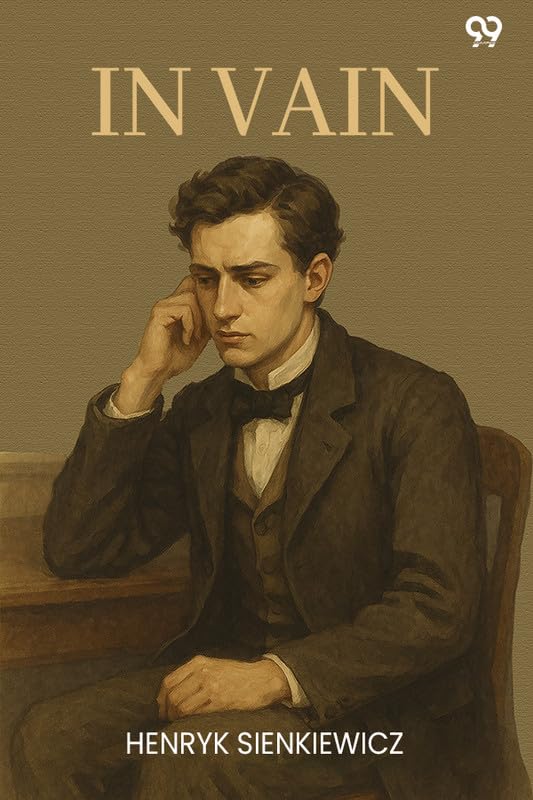
Author

Henryk Adam Aleksander Pius Sienkiewicz (also known as "Litwos"; May 5, 1846–November 15, 1916) was a Polish journalist and Nobel Prize-winning novelist. He was one of the most popular Polish writers at the turn of the 19th and 20th centuries, and received the Nobel Prize in Literature in 1905 for his "outstanding merits as an epic writer." Born into an impoverished gentry family in the Podlasie village of Wola Okrzejska, in Russian-ruled Poland, Sienkiewicz wrote historical novels set during the Rzeczpospolita (Polish Republic, or Commonwealth). His works were noted for their negative portrayal of the Teutonic Order in The Teutonic Knights (Krzyżacy), which was remarkable as a significant portion of his readership lived under German rule. Many of his novels were first serialized in newspapers, and even today are still in print. In Poland, he is best known for his historical novels "With Fire and Sword", "The Deluge", and "Fire in the Steppe" (The Trilogy) set during the 17th-century Polish-Lithuanian Commonwealth, while internationally he is best known for Quo Vadis, set in Nero's Rome. Quo Vadis has been filmed several times, most notably the 1951 version. Sienkiewicz was meticulous in attempting to recreate the authenticity of historical language. In his Trilogy, for instance, he had his characters use the Polish language as he imagined it was spoken in the seventeenth century (in reality it was far more similar to 19th-century Polish than he imagined). In The Teutonic Knights, which relates to the Battle of Grunwald in 1410, he even had his characters speak a variety of medieval Polish which he recreated in part from archaic expressions then still common among the highlanders of Podhale. In 1881, Sienkiewicz married Maria Szetkiewicz (1854-1885). They had two children, Henryk Józef (1882-1959) and Jadwiga Maria (1883–1969).